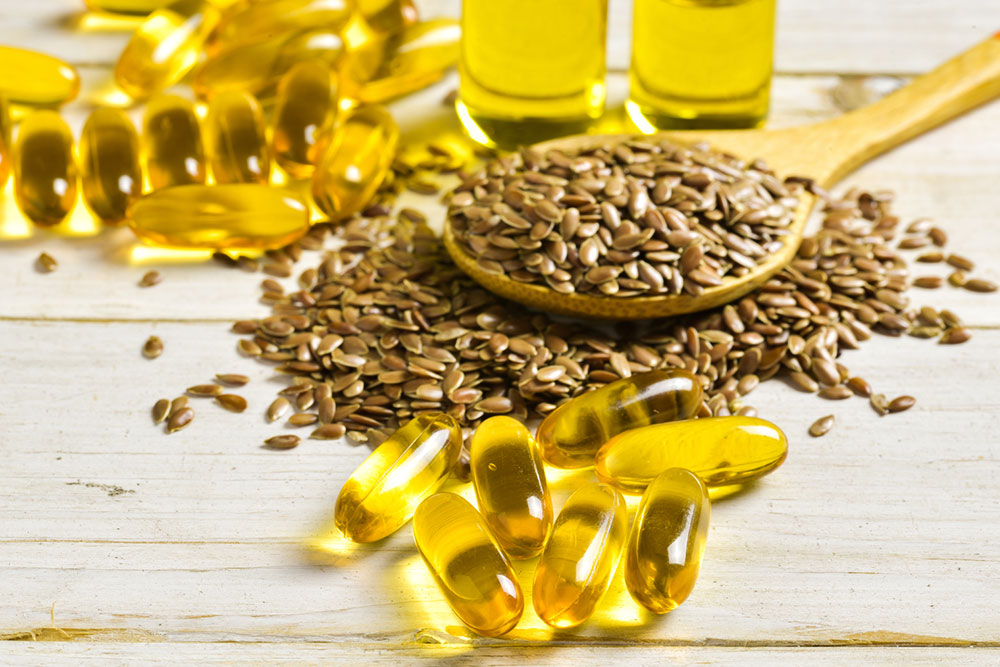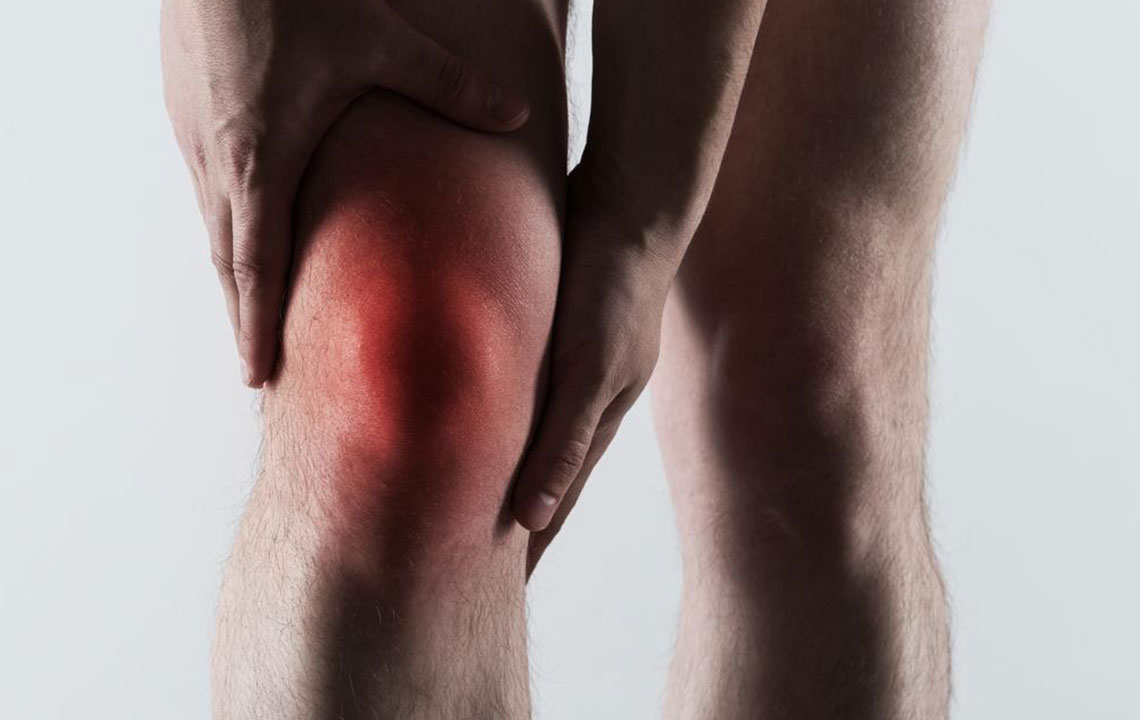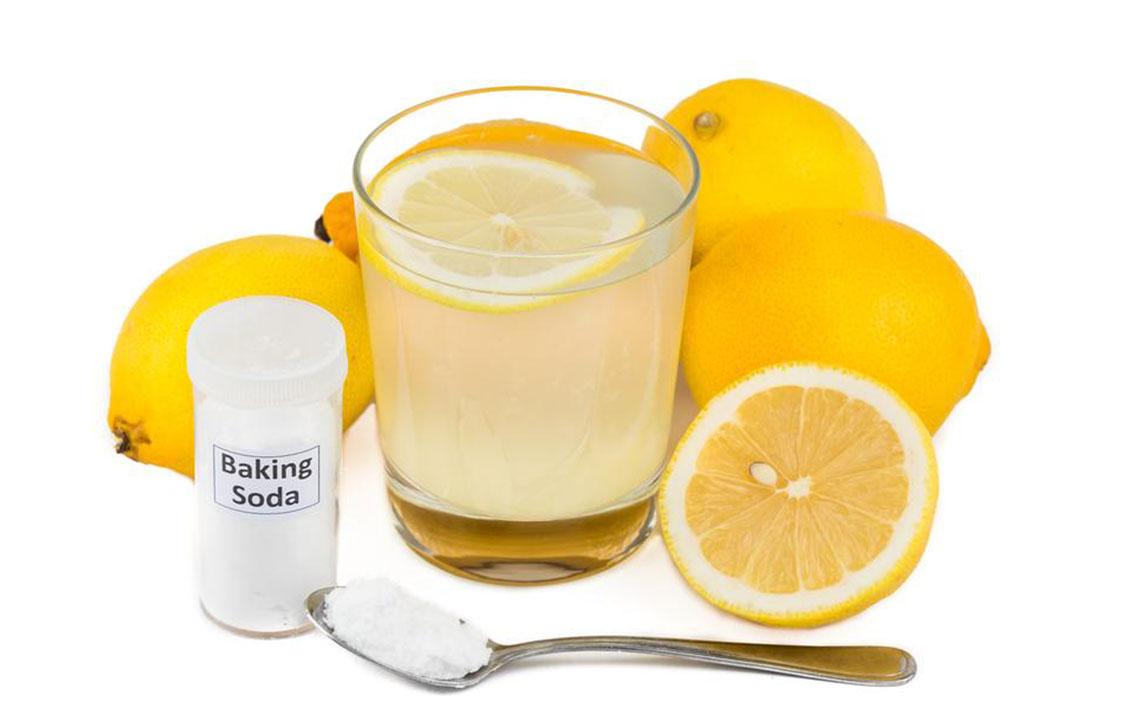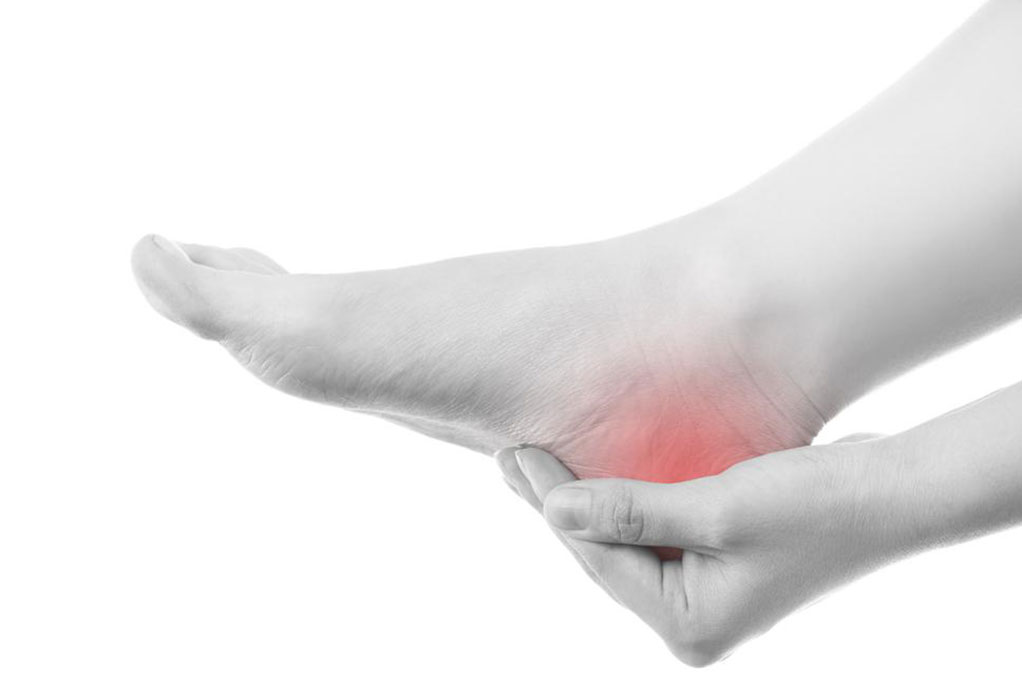Natural Approaches to Effectively Manage Gout and Relieve Pain
Discover natural and effective strategies to manage gout pain, reduce flare-ups, and improve joint health. This comprehensive guide covers dietary tips, home remedies, and lifestyle modifications backed by scientific research. Learn how to prevent gout symptoms with natural approaches including dietary adjustments, herbal remedies, and self-care techniques to lead a healthier, pain-free life.
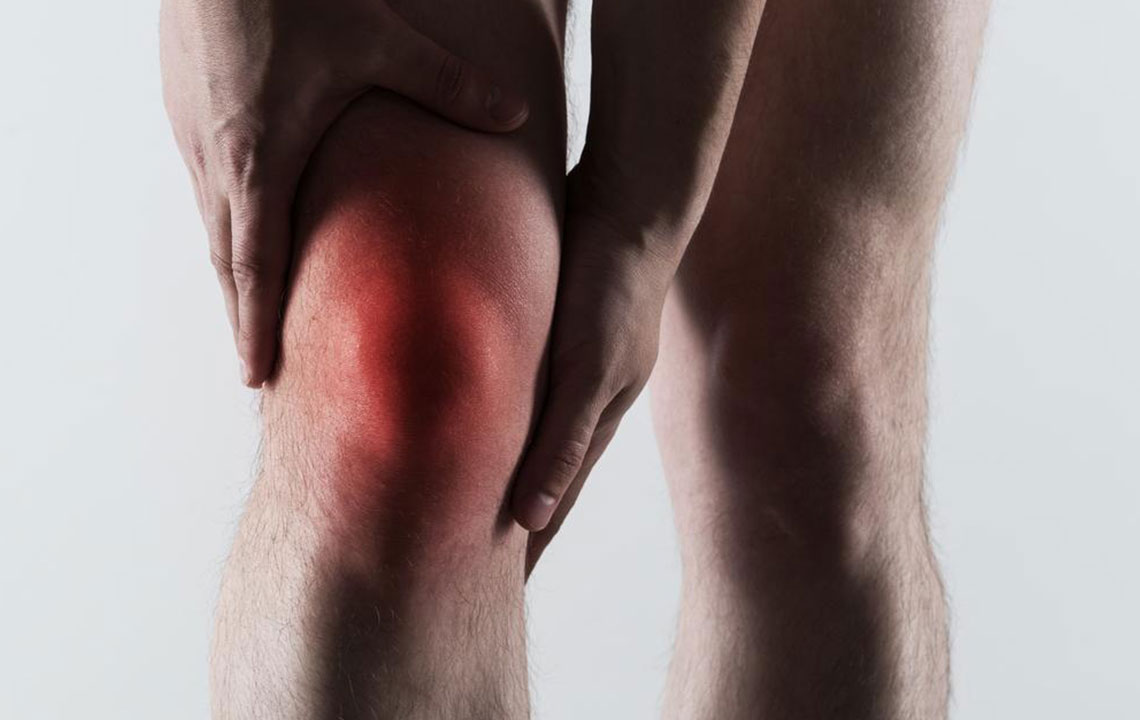
Natural Strategies for Managing Gout Effectively
Gout is a notoriously painful form of arthritis that can strike unexpectedly, severely impacting daily life. Recognizing the early signs of gout and understanding its underlying causes is essential for managing symptoms effectively. This condition involves inflammation of the joints, particularly the big toe, wrists, knees, and fingers, due to the accumulation of uric acid crystals. For many individuals, lifestyle choices, dietary habits, genetics, and stress levels contribute to elevated uric acid levels, leading to recurrent gout attacks. By adopting natural management techniques, individuals can reduce the frequency and severity of flare-ups, improve joint health, and enhance overall well-being.
Understanding Gout and Its Causes
Gout is a type of inflammatory arthritis characterized by sudden, intense joint pain caused by uric acid crystal deposits within the joint tissues. This condition often targets the big toe, but it can also affect the fingers, wrists, ankles, and knees, leading to swelling, redness, and tenderness. Elevated uric acid levels—known as hyperuricemia—are primarily driven by dietary choices, alcohol consumption, obesity, metabolic health, and genetics. Certain foods, such as organ meats, seafood, sugary beverages, and alcohol, exacerbate uric acid production. If untreated, chronic gout can result in joint damage, kidney stones, high blood pressure, and increased risk of cardiovascular diseases.
Achieving effective gout management requires a thorough understanding of its causes, early diagnosis, and intervention. While medical treatments like NSAIDs, corticosteroids, or uric acid-lowering drugs are important, integrating natural remedies and lifestyle modifications can significantly improve outcomes and reduce reliance on medication. Adopting a comprehensive approach involving diet, hydration, and natural anti-inflammatory strategies is key.
During gout flare-ups, immediate home-based measures can alleviate pain and inflammation. Combining conventional treatments with simple home remedies provides a powerful approach to managing symptoms efficiently. Below are some scientifically supported natural remedies and self-care tips:
Lemon juice: Rich in vitamin C, lemon juice helps alkalize the body, thus lowering uric acid build-up. Mix fresh lemon juice with water, and for enhanced benefits, add a pinch of baking soda. Regular consumption can support urinary alkalization.
Cherry products: Cherries and cherry juice contain anthocyanins, antioxidants that help lower uric acid and reduce inflammation. Incorporating cherries into your diet or drinking cherry juice daily can decrease gout attack frequency.
Baking soda: Acting as a natural alkalizer, baking soda can help reduce uric acid levels. Dissolve a teaspoon in a glass of water and drink up to four times daily during flare-ups, but consult your doctor to avoid overuse.
Ginger: Known for its potent anti-inflammatory properties, ginger can alleviate joint pain. Make a paste from fresh ginger and apply topically, or brew fresh ginger tea daily to benefit from its medicinal effects.
Apple cider vinegar: This home remedy aids in reducing joint pain and inflammation. Mix two to three teaspoons of apple cider vinegar in a glass of water, add a teaspoon of honey if desired, and consume two to three times daily.
Additional self-care strategies are also vital for effective gout management:
Cold compress application: Applying ice packs on affected joints for 15 to 30 minutes during flare-ups helps diminish swelling and pain by constricting blood vessels.
Rest and elevation: Resting the painful joint and elevating it above heart level reduces fluid accumulation and relieves pressure.
Diet and hydration: Prioritize drinking plenty of water to flush uric acid out of the system. Avoid high-purine foods such as organ meats, shellfish, sugary drinks, processed foods, and excess alcohol—factors that heighten uric acid levels.
Adopting a healthy, balanced diet rich in vegetables, fruits, whole grains, and organic proteins, while minimizing processed foods, sugars, and alcohol, is essential. Regular physical activity, maintaining a healthy weight, and managing stress contribute to better gout control. With consistent lifestyle adjustments and the use of natural remedies, individuals can significantly reduce the frequency of flare-ups, ease joint pain, and enjoy a more active, healthier life.


